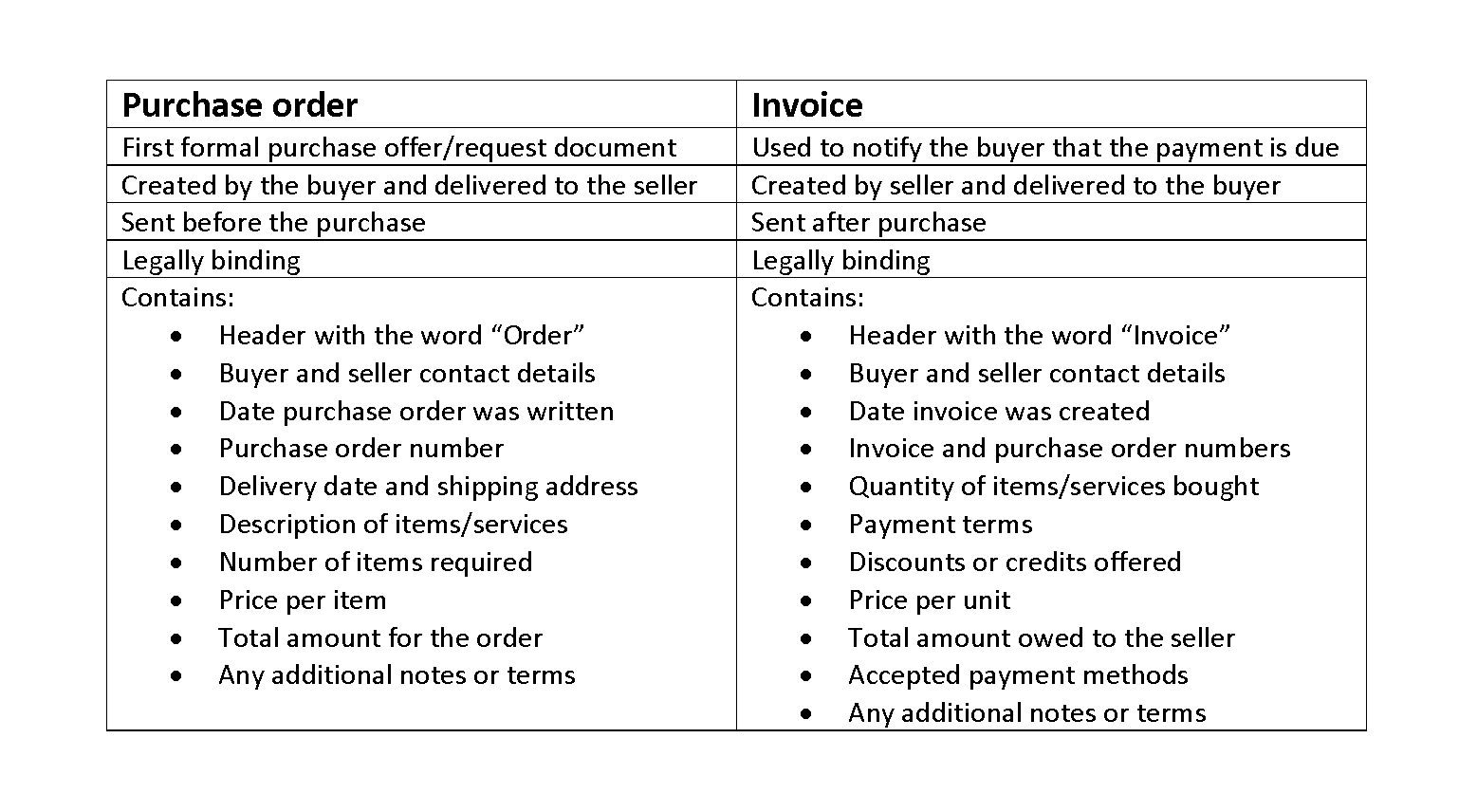
It helps with compliance, improves cash flow, and supports smart decisions for your practice’s future. Managing your healthcare organization’s financials can be challenging in the industry’s complex and changing landscape. It’s crucial to be well-informed when analyzing income and expenses, reconciling your Practice Management System (PMS), and staying compliant in tax filings. By implementing best practices and seeking professional guidance, your medical practice can ensure the integrity and efficiency of its financial processes. Healthcare industry accounting is more complex and time-consuming than accounting for a typical small business, which has its own complexities. A balance sheet is one of the key financial statements, providing an overview of a health care practice’s financial position.
Balance Sheet
- Regularly reviewing financial statements is essential for monitoring the financial health of your medical practice.
- Software geared towards the medical profession is a great way to capture data.
- Practices planning to expand or transition into a larger entity may choose accrual accounting as it aligns better with more complex business structures.
- Accounts receivable must be followed up on to ensure timely patient and insurer payments.
- HM&M has four offices throughout the DFW Metroplex to accommodate our physicians and healthcare industry clients.
- For example, an in-house bookkeeper might make sense, but you’re probably better off using an outsourced accounting service for your more sophisticated financial needs.
It also helps avoid the trouble of finding and keeping a good in-house bookkeeper. Integrating data analytics into your business can help your revenue grow, the organization mitigate risk, or gain insight into your business operations. Too often, doctors and dentists use their practice as a personal checkbook, running car leases, family vacations and other personal expenses through the practice.

Leverage Medical Billing Software or Services
Before posting entries to the ledgers, transactions are first recorded in journals, such as the sales journal, cash receipts journal, and purchases journal. When you’re ready to take some of those responsibilities off your plate, accounting and bookkeeping should be your top priority. Here are some common mistakes that arise when you don’t handle your medical accounting correctly.
- It’s crucial to be well-informed when analyzing income and expenses, reconciling your Practice Management System (PMS), and staying compliant in tax filings.
- Keeping detailed records, checking accounts often, and making financial reports are key parts of bookkeeping.
- It helps in assessing the practice’s profitability and identifying areas for cost reduction.
- Liquidity refers to your practice’s ability to settle its short-term liabilities on time and without difficulty.
Essential Considerations For Accounting In Medical Practices
Whatever you can do to optimize your accounting from the start will pay dividends indefinitely, so be as diligent as much as possible from day one. Preventing accounting problems from occurring is much more effective than fixing them later. For example, an in-house bookkeeper might make sense, but you’re probably better off using an outsourced accounting service for your more sophisticated financial needs. Fortunately, you don’t need to hire full-time workers for all your accounting functions.

Accounting For Medical Practices
- It’s important to hire a professional CPA or accountant when you need the help.
- The single-entry system is simpler, recording each transaction once, akin to managing a checkbook.
- This comprehensive guide delves into the essential components and practices of accounting in the medical sector, highlighting its significance and complexity.
- Evaluating the return on investment (ROI), including increased efficiency, error reduction, and improved financial insights, is essential.
- It’s in your patient’s best interest to regularly monitor their bodily health, and it’s in your best interest to monitor the well-being of your medical practice.
That noticeably reduces the strain on your administrative staff with bookkeeping and accounting responsibilities. Reliable customer support is medical practice accounting critical for resolving technical issues quickly and minimizing disruptions. Practices should evaluate the responsiveness of the software provider’s support team and the variety of support channels available. Access to a knowledge base or community forums can also help troubleshoot issues and optimize software use.

Understanding the importance of bookkeeping in healthcare
While Bookstime this might seem like a mundane administrative task, it’s crucial for preventing and detecting fraud and errors. Get free guides, articles, tools and calculators to help you navigate the financial side of your business with ease. Our team is ready to learn about your business and guide you to the right solution. The amount an entrepreneur should save for taxes is influenced by many factors, such as total annual income, type of …
- If you have partners in your medical practice, you need to determine how to split income.
- Recognizing the long-term benefits, such as enhanced financial management and reduced administrative burdens, underscores the value of investing in the right software.
- This can include everything from payer contracts and supplies costs to staffing levels and equipment rentals.
- Whether you handle bookkeeping and medical billing on your own or outsource it to a professional, make sure you’re giving it the attention it deserves.
- With accrual accounting, income and expenses are recorded when revenues are earned and when expenses are incurred, regardless of when the cash is exchanged.
- You should always seek qualified independent advice before engaging any services or following any general advice as it is not tailored to your circumstances.
Sound Financial Health Assessment

Mastery of this discipline ensures the economic well-being of medical practice and supports the provision of top-notch healthcare services. Integrating advanced technology solutions like EHRs and accounting software can streamline accounting processes but also introduces challenges in maintaining data security. Ensuring the confidentiality and integrity of sensitive patient financial data is critical. This requires robust cybersecurity measures, gross vs net regular software updates, and employee training in data security protocols. Larger practices or those with more complex financial transactions might benefit from accrual basis accounting for a more accurate representation of their financial position. Accounting for medical practices is a specialized field that combines fiscal responsibility with healthcare service.

Leave a Comment